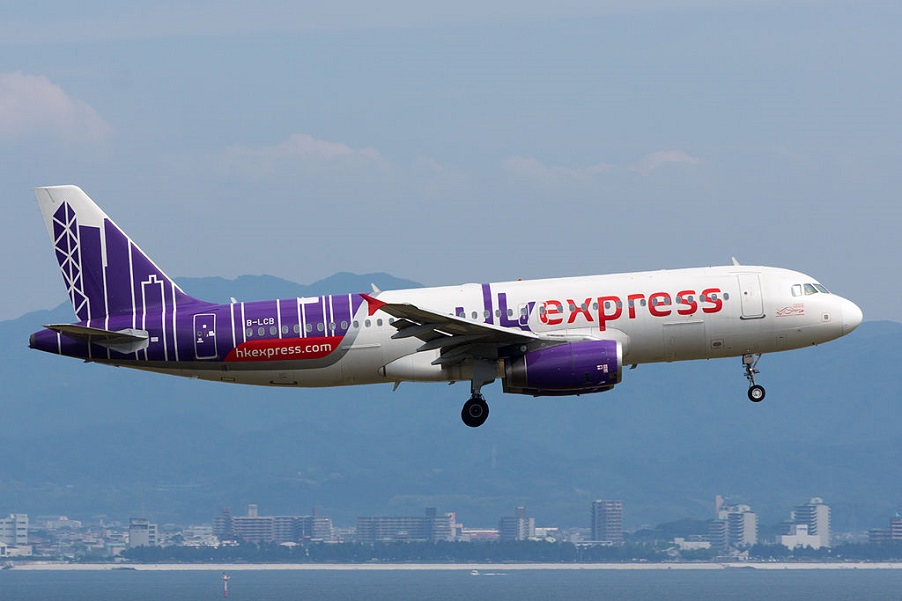A Hong Kong airline has caused a stir after it forced a female passenger to take a “humiliating” pregnancy test to prove she wasn’t expecting before allowing her to board a flight to the U.S. territory of Saipan.
Midori Nishida, a 25-year-old Japanese citizen, was checking in for a November HK Express Airways flight at Hong Kong International Airport to visit her parents in Saipan — a U.S. island in the Pacific probably best known as the site of a pitched battle in World War II — when the staff of the airline made the unorthodox request.
Despite having indicated on a check-in questionnaire that she wasn’t pregnant, airline staff proceeded to escort Nishida to a washroom and hand her a pregnancy test, saying it was a requirement she had to fulfill in order to board, according to the Wall Street Journal, which first reported on the incident on Friday.
The permission form indicated it was for women who are “observed to have a body size or shape resembling a pregnant woman.”
Nishida told the WSJ that she wasn’t allowed to board the flight until her test came back negative.
“It was very humiliating and frustrating,” she said.
The test was reportedly part of HK Express’s response to immigration concerns in Saipan, which has become a hotspot for birth tourism — particularly among Chinese families — thanks to its unique status as the only U.S. territory where Chinese nationals can travel without a visa.
“We would like to apologise unreservedly to anyone who has been affected by this. In response to concerns raised by authorities in Saipan, we took actions on flights to Saipan from February 2019 to help ensure US immigration laws were not being undermined,” said HK Express, which was recently bought by Cathay, in a statement to Coconuts HK today.
“Under our new management, we recognise the significant concerns this practice has caused. We have immediately suspended the practice while we review it.”
Because of the United States’ recognition of birthright citizenship, children born on the island are automatically eligible to become U.S. citizens, and as of 2018, more babies were born to tourists than locals on Saipan, according to the annual report of the Commonwealth Healthcare Corporation.
Even so, the figures are relatively modest: in 2018, 575 Chinese tourists gave birth on the island in 2018, an approximately 70 percent increase from 2011, according to the same report.
Pregnant foreign tourists are legally allowed to give birth on U.S. soil granted they have the proper documentation and proof they can afford to pay their medical bills. And though the island has preserved the visa waiver program for Chinese travelers — first introduced in 2009 to boost tourism — it has sought to discourage birth tourism, and officials shortened the allowed stay for Chinese visitors from 45 days to 14 days last year.
Kevin Bautista, press secretary for the Saipan governor’s office, said he supported additional screening measures by airlines, maintaining birth tourism hurt the island’s reputation as a tropical getaway. However, he stopped short of endorsing the pregnancy tests required by HK Express, citing privacy concerns.
Unsurprisingly, Nishida’s ordeal, which has been widely picked up by other media outlets in the last two days, has become fodder for the United States’ often-ugly debate over immigration.
While some netizens were quick to leap to Nishida’s defense — “WTF? Imagine being singled out as ‘you look pregnant’ & being forced to take pregnancy test on the spot” — those on the other side of the political spectrum cheered the invasive requirement, saying so-called “anchor babies… must stop.”





Reader Interactions